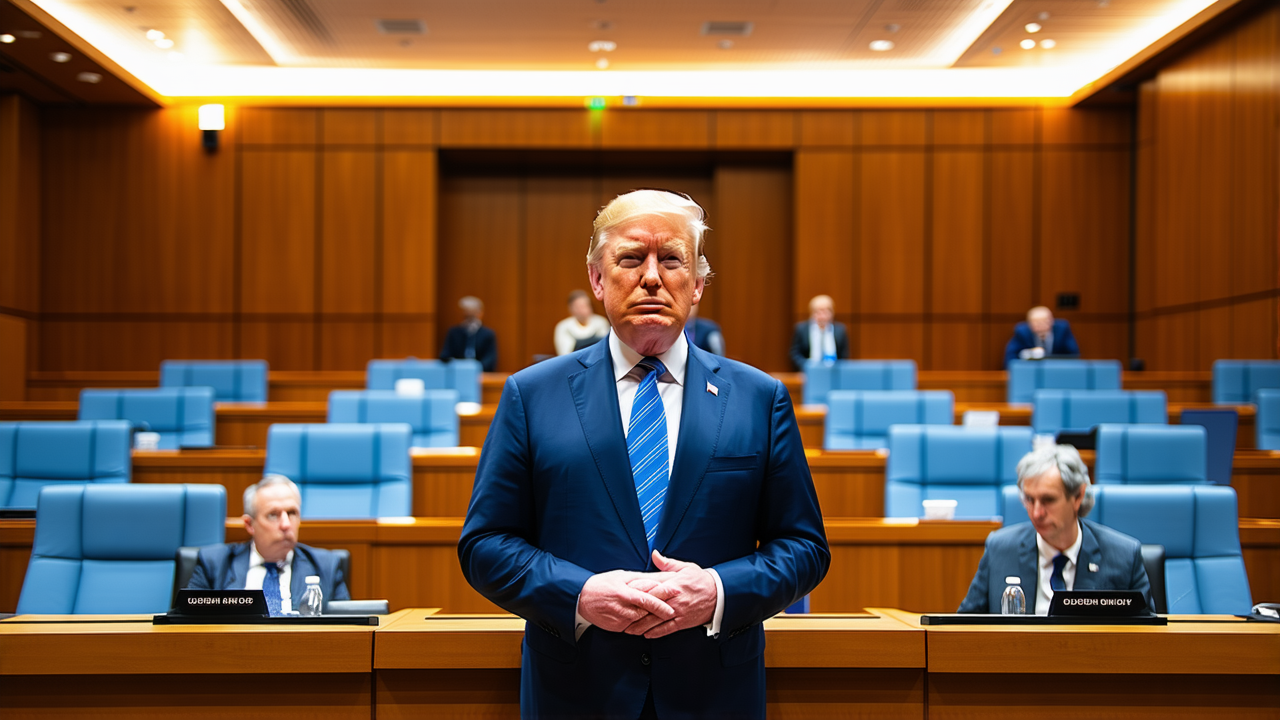Covid-19 Royal Commission Public Hearings Cancelled After Key Witnesses Refuse to Appear
Royal Commission's Second Set of Public Hearings Cancelled Amid Key Witness Refusals
The second set of public hearings for the Covid-19 Royal Commission have been scrapped, following the refusal of key witnesses—including former Prime Minister Dame Jacinda Ardern—to appear before the inquiry. Despite this, several other prominent figures, including Labour leader Chris Hipkins and former ministers Grant Robertson and Ayesha Verrall, have continued to cooperate with the inquiry's ongoing investigation.
The decision to cancel the second round of public hearings was made in the wake of a growing reluctance among high-profile officials to participate in the public-facing aspects of the inquiry. The National-led coalition Government had previously announced in June of last year the establishment of a “phase two” of the Royal Commission of Inquiry into Covid-19 Lessons, which was intended to follow the completion of the initial inquiry conducted under the previous Labour Government.
Although former ministers have already appeared before the inquiry in private sessions, the inquiry’s chairman, Grant Illingworth, has stated that he will not issue summonses to compel the participation of former Prime Minister Dame Jacinda Ardern and other ministers in the public hearings. In a statement, Illingworth said: “On balance, we are of the view that a summons is undesirable, given that the former ministers continue to co-operate with the evidence-gathering of the inquiry.”
Illingworth emphasized that the use of summonses would be “legalistic and adversarial,” a stance that goes against the terms of reference of the commission. However, he reiterated his belief that public hearings would enhance public confidence in the inquiry’s processes by allowing the public to witness former ministers, who have critical insights into the pandemic response, being questioned in an open setting.
A minute published by the inquiry detailed the objections raised by Ardern and other ministers. Among their concerns was the convention that ministers and former ministers are typically interviewed in private, and that deviating from this practice could undermine public confidence. Additionally, they expressed concerns about the potential risks associated with the livestreaming and publication of recordings, citing the possibility of these materials being “tampered with, manipulated or otherwise misused.”
Other witnesses have also voiced concerns about the potential for personal and familial abuse that could arise from public exposure. Despite these concerns, Labour leader Chris Hipkins has reaffirmed his commitment to the inquiry, stating that he has already participated in multiple private interviews and provided written evidence to the commission.
“We have shown up to the inquiry, I have shown up to the inquiry. I have been interviewed by them twice,” Hipkins told reporters. “I have provided written evidence to the inquiry, I answered every question they had and I attended the interview they scheduled for me. They asked for two hours, but they ran out of questions after an hour.”
Hipkins also clarified that he had not coordinated his approach with former Prime Minister Jacinda Ardern. “She is still a very close friend of mine. We have people representing us in common, but any suggestion we colluded with this is wrong,” he said. He added that it was inappropriate for him to speak on her behalf.
As the inquiry moves forward, the decision to cancel the second set of public hearings raises important questions about the balance between transparency and the protection of individual rights. The inquiry’s chairman has acknowledged the complexity of the situation and the need to find a middle ground that both preserves the integrity of the process and respects the concerns of witnesses.
With the next phase of the inquiry now likely to focus on private sessions and written submissions, the public will be left to rely on the published findings of the commission to gain a fuller understanding of the government’s response to the pandemic.
